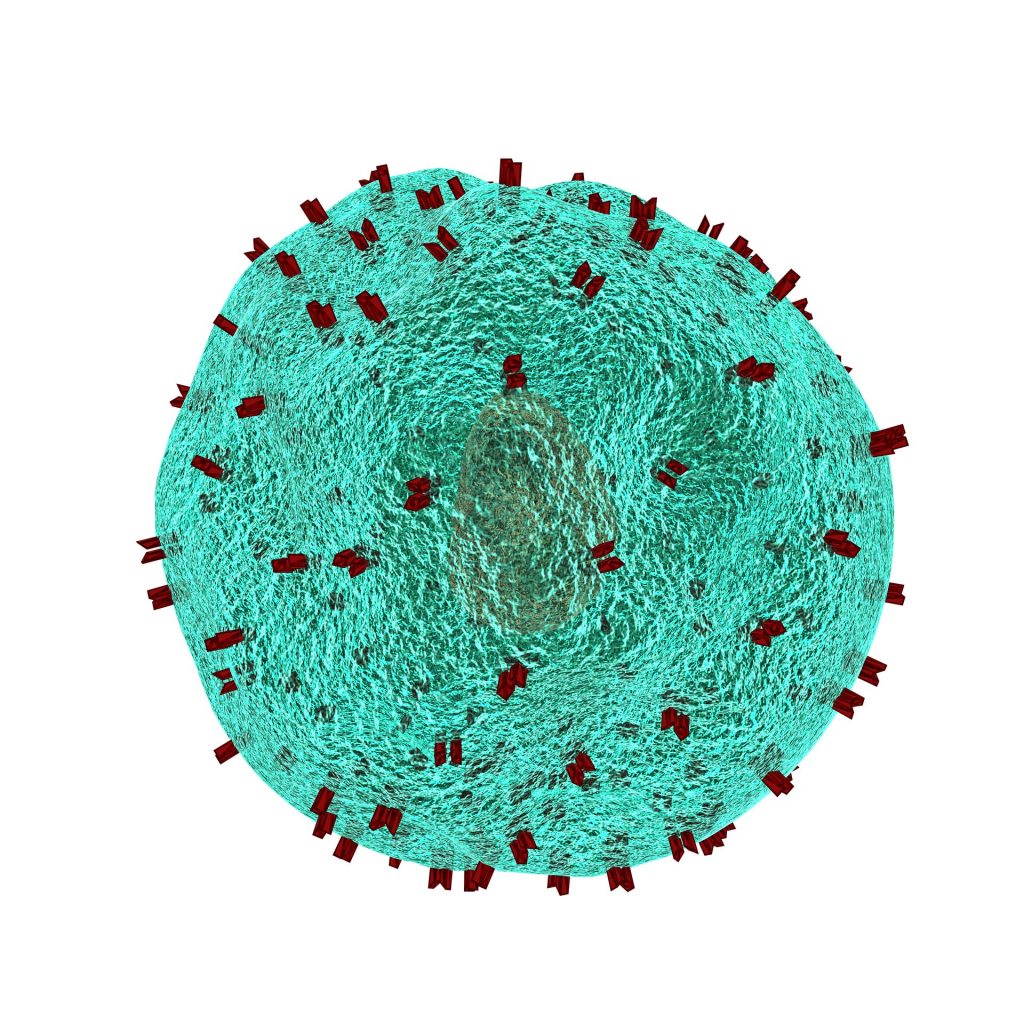Four children born with HIV have achieved virus-free status for more than a year after their HIV medication was temporarily paused, according to the results of a study funded by the National Institutes of Health NIH. The findings offer hope for potential long-term remission among children born with HIV and were presented at the 2024 Conference on Retroviruses and Opportunistic Infections CROI in Denver, Colorado.
The P1115 study investigated the impact of early intensive antiretroviral therapy on achieving HIV remission in infants infected with the virus before birth. Although the HIV eventually returned in these children, the fact that they lived medication-free for more than a year without detectable virus provides optimism for future research into achieving long-term remission in HIV-positive children.
While there is currently no cure for HIV, modern medications allow people with HIV to lead long and healthy lives by suppressing the virus. However, lifelong medication is typically required to keep the virus under control. Babies born with HIV, transmitted during pregnancy, face a lifetime of treatment unless alternative approaches can achieve sustained remission.
The study builds on previous research, including the case of the “Mississippi Baby,” who was treated with intensive HIV medication shortly after birth and appeared to be cured for a few years before experiencing a relapse. This case sparked hope that early and aggressive treatment could lead to long-term remission in HIV-positive children.
The NIH has invested significantly in research to explore the possibility of achieving sustained remission in children with HIV. While all children in the study eventually experienced HIV resurgence, the period of sustained remission without medication suggests the potential for future treatments that could provide temporary relief from lifelong medication regimens.
Dr. Adeodata Kekitiinwa, one of the study investigators, emphasized the significance of these findings, suggesting a paradigm shift in HIV treatment approaches. The goal is to develop therapies that could be used for a limited period during childhood, rather than requiring lifelong adherence to medication.
These promising results highlight the ongoing efforts to improve outcomes for children born with HIV and provide new avenues for future research into HIV treatment and remission strategies.
